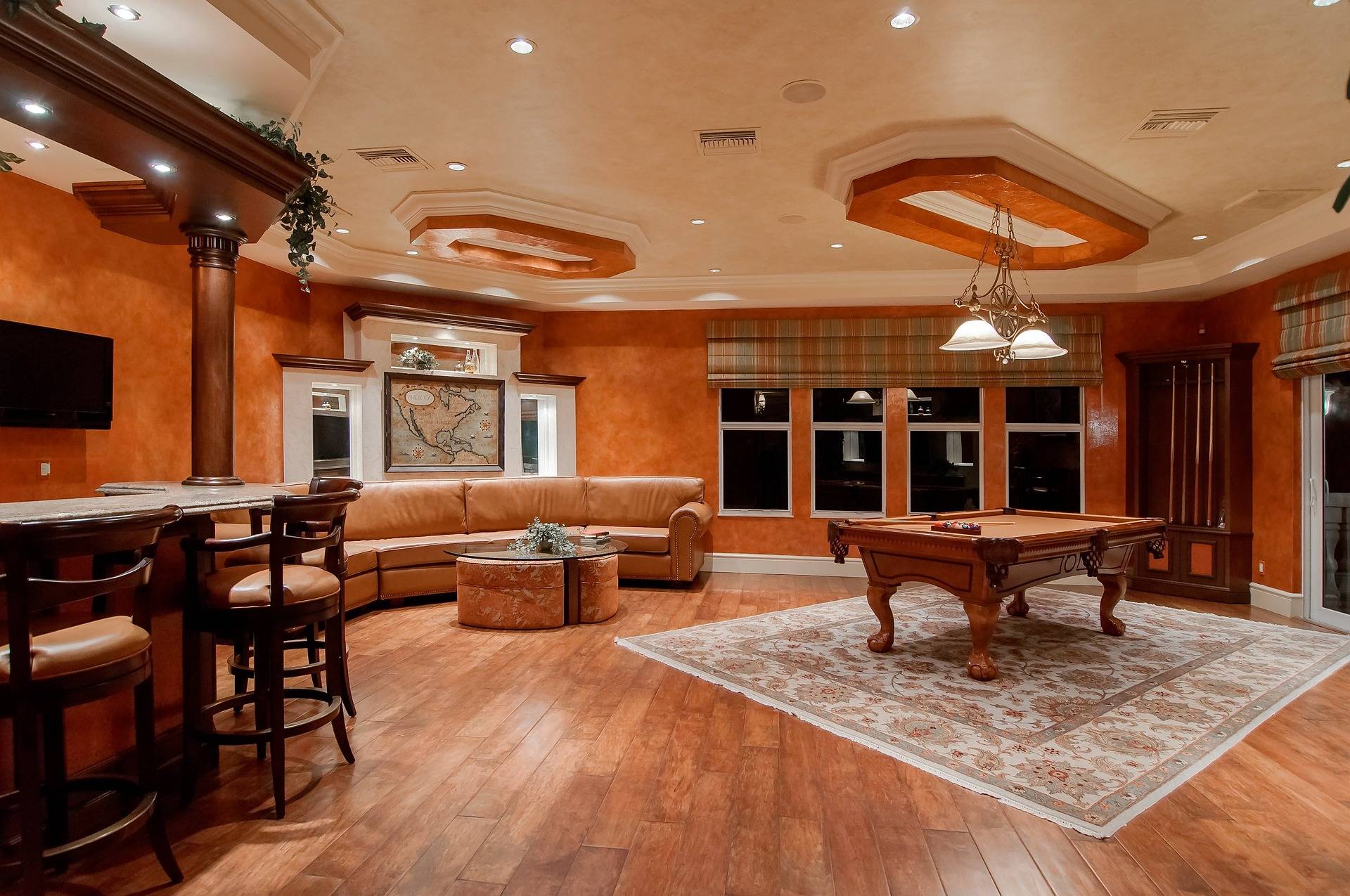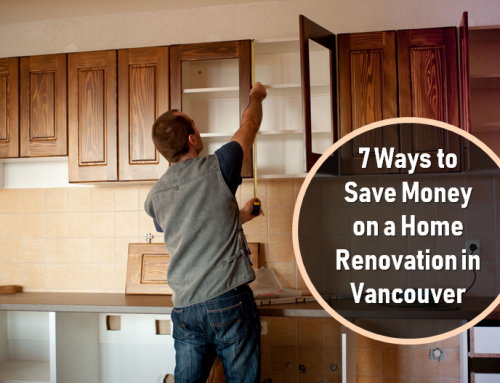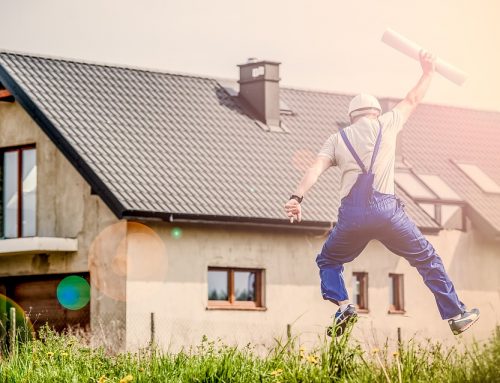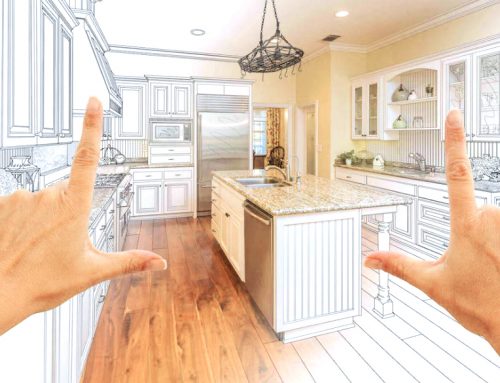Picture yourself in your Kitsilano home, gazing at the North Shore Mountains. You want to renovate your kitchen, but the thought of harming Vancouver’s natural beauty stops you. What if you could upgrade your home while supporting the city’s goal to be the world’s greenest by 2030? Sustainable renovations make this possible. They save you money, improve your home’s comfort, and boost its value in Vancouver’s eco-conscious market. Whether you’re in Shaughnessy or Mount Pleasant, this guide is for you—homeowners eager to green your space.
You’ll discover eco-friendly materials, energy-saving systems, water conservation tips, and Vancouver’s rules, like the BC Energy Step Code. We share real projects, financial perks, and why Walker General Contractors Vancouver leads in sustainable renovations. Want a home that’s kind to the planet and your wallet? Let’s get started. Contact us for a free consultation to kick off your green project.
What Are Sustainable Renovations?
You might wonder what makes a renovation sustainable. It’s about using resources wisely to cut environmental impact while making your home better. In Vancouver, where the Greenest City Action Plan pushes for zero-carbon buildings by 2030, these practices are a big deal.
- Defining Sustainable Renovations
Sustainable renovations use eco-friendly materials, like reclaimed wood, and efficient systems, like heat pumps. They focus on reducing waste, energy use, and emissions. You create a healthier home with better air quality. - Benefits for You and Vancouver
You save 20-30% on utility bills, per BC Hydro. Your home’s value can rise 5-10% in Vancouver’s green market, according to Vancouver House Finders. Plus, you help cut the city’s building emissions, which make up 55% of its carbon footprint. - Vancouver’s Green Push
The city hosts events like the Vancouver Green Living Festival to promote eco-practices. Workshops at Kitsilano Community Centre teach you green tips. Vancouver’s goal is clear: lead in sustainable building.
Choosing Eco-Friendly Materials
You want materials that look good and help the planet. Vancouver’s suppliers offer plenty of green options for your renovation.
- Popular Green Materials
- Reclaimed Wood: Salvaged from old buildings, it cuts deforestation. Use it for flooring or beams.
- Bamboo: Grows fast, perfect for cabinetry or floors.
- Recycled Glass: Great for countertops or tiles, reduces waste.
- Low-VOC Paints: Improve air quality, safe for your family.
- Where to Shop in Vancouver
- Greenworks Building Supply at 1350 William St offers bamboo and cork. They’re open Monday-Saturday, rated 4.4 stars.
- Eco-Building Resource provides reclaimed wood and non-toxic products.
- Visit Granville Island markets for local artisan finds.
- Tips for Choosing Materials
- Check for FSC or LEED certifications to ensure sustainability.
- Balance cost and eco-impact—bamboo is affordable and green.
- Source locally to cut transport emissions, like BC lumber from Standard Building Supplies.
- Example: A Strathcona home used reclaimed wood for a stunning feature wall, saving 10% on costs.
| Material | Eco-Benefit | Cost Range | Supplier |
| Reclaimed Wood | Cuts deforestation | $5–$15/sq.ft. | Eco-Building Resource |
| Bamboo Flooring | Fast-growing | $4–$10/sq.ft. | Greenworks |
| Recycled Glass | Reduces waste | $50–$100/sq.ft. | Local artisans |
| Low-VOC Paint | Better air quality | $50–$80/gallon | Standard Building Supplies |
Enhancing Energy Efficiency
You can cut energy use and bills with smart upgrades. Vancouver’s rainy climate makes efficiency key.
- Energy-Saving Systems
- Heat Pumps: Save 40% on heating, ideal for mild winters, per BC Hydro.
- Insulation: Cellulose or spray foam boosts efficiency.
- Low-E Windows: Reduce heat loss in your Dunbar home.
- Smart Home Technology
- Use Nest thermostats to control energy use.
- Apps let you monitor usage, saving up to 15% on bills.
- Example: A Kerrisdale family cut costs with smart lighting.
- Renewable Energy Options
- Solar panels work on south-facing roofs in Mount Pleasant.
- Costs $10,000–$20,000, with payback in 7–10 years.
- Check Vancouver Heritage Energy Retrofit Grant for pre-1940 homes.
Water Conservation Strategies
You care about Vancouver’s waterways, like the Fraser River. Water-saving designs make a difference.
- Low-Flow Fixtures
- WaterSense toilets use 1.28 gallons per flush.
- Low-flow showerheads save 20% on water bills, per Metro Vancouver.
- Example: A West End condo saved 15,000 gallons yearly.
- Rainwater Harvesting
- Collect rain for irrigation or toilets.
- Costs $2,000–$5,000, with rebates in North Vancouver.
- See the Vancouver Convention Centre’s green roof system.
- Eco-Landscaping
- Use native plants or xeriscaping to cut water use.
- Example: A Point Grey yard saved 30% with native shrubs.
Understanding Local Regulations and Incentives
You need to follow Vancouver’s rules to keep your reno legal and green. Rebates make it affordable.
- Building Permits
- Needed for structural or plumbing changes.
- Fast Track program for projects under $250,000, per City of Vancouver.
- Example: A Yaletown green roof needed a $500 permit.
- BC Energy Step Code
- Sets standards for insulation and HVAC efficiency.
- Ensures your home meets net-zero goals.
- Use Home Energy Navigator for free advice.
- Rebates and Incentives
- CleanBC offers up to $15,000 for energy upgrades.
- Heritage grants up to $14,000 for pre-1940 homes.
- Check Metro Vancouver for water-saving rebates.
| Program | Eligibility | Amount | Source |
| CleanBC Rebates | Energy upgrades | Up to $15,000 | CleanBC |
| Heritage Grant | Pre-1940 homes | Up to $14,000 | City of Vancouver |
| North Vancouver Rebates | Water fixtures | Varies | Metro Vancouver |
Real-World Examples: Sustainable Renovations in Vancouver
You want proof green renovations work. These Vancouver projects show what’s possible.
- North Vancouver LEED Addition
- A 300 sq.ft. addition used reclaimed wood and low-E windows.
- First LEED-certified single-family reno in BC, per TQ Construction.
- Saved 25% on energy costs.
- Kitsilano Net-Zero Home
- Used solar panels and triple-glazed windows, per Abstract Homes.
- Achieved zero carbon footprint.
- Client: “Our bills are nearly zero now!”
- Walker General Contractors’ Project
- A Mount Pleasant kitchen used bamboo and low-flow faucets.
- Saved 20% on water, per client feedback.
- “Walker made our reno green and gorgeous!” – Jane T.
Why Partner with Walker General Contractors?
You need a contractor who gets Vancouver’s green goals. We’re your top choice.
- Our Green Expertise
- Certified in LEED and Passive House standards.
- Over 20 years transforming Vancouver homes.
- We source from Greenworks.
- What Clients Say
- “Walker turned our Shaughnessy home into an eco-gem!” – Mark L.
- We’ve won awards for sustainable projects.
- Our Local Commitment
- Join events like the BC Climate Resilience Summit.
- Support Vancouver’s green vision with every project.
FAQs
- What are key sustainable renovation practices for Vancouver homes?
Use reclaimed wood, heat pumps, and low-flow fixtures to save energy and water. - How do I navigate Vancouver’s building permits for green renovations?
Check City of Vancouver for rules. Fast Track applies for projects under $250,000. - What incentives are available for green renovations in Vancouver?
CleanBC offers up to $15,000. Heritage grants add $14,000 for older homes. - How do green renovations affect my property value?
Eco-homes sell 5-10% higher in Vancouver’s green market. - Can I do green renovations on a budget?
Start with low-VOC paints or low-flow fixtures. Rebates cut costs.
Conclusion
You can transform your Vancouver home into an eco-friendly haven. Sustainable renovations save energy, water, and money while boosting your home’s value. From reclaimed wood to heat pumps, you have options that align with Vancouver’s Greenest City Plan. Local rules and rebates, like CleanBC, make it easier. Whether you’re near Granville Island or in Burnaby, we’re here to help. What’s your green reno goal? Contact Walker General Contractors for a free consultation and start building a greener future today.




